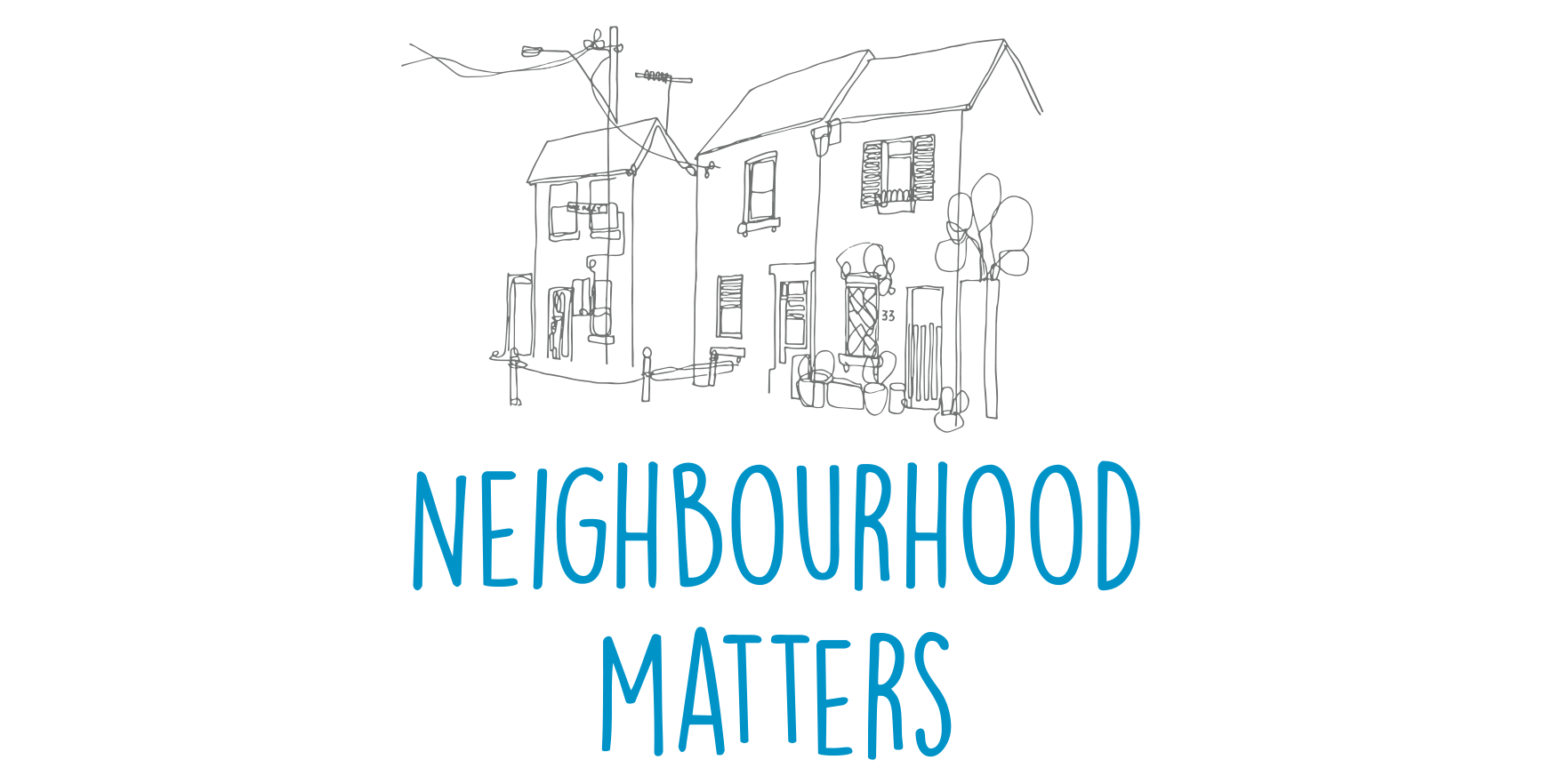At a lecture on gender some time ago I said
Christians have become much too obsessed in discussing matters around gender which circulate around whether, for example, women can preach in the church, whether they can lead men, whether we are complementarians or egalitarians, whether women can write songs and if that can be defined as teaching, whether women can teach men over 18 or not, the issues around the lack of men connecting with the church, and the perceived feminisation of the church….I’m asking whether our focus has become so inward that we have neglected to notice that there is a world full of people who are asking serious questions about and are struggling around the issue of gender. And not only a world out there but within the church — where people also are concerned with gender issues that run very deep, which touch the core of our personal identity. It’s these deep issues that surface from the subconscious when Christians discuss the details of ecclesiology and gender that I mentioned before.
I was reminded of this when reading an excellent article by Anglican minister Erica Hamence on domestic violence and complementarianism. Erica does a great job of sharing her personal reflections around the link that people frequently make between between this Christian theological position based around a particular reading of scripture, and also the horror of domestic violence. Complementarianism sets prescribed roles for men and women in marriage and the church, where the male takes on a leadership role and the female is the supporter. Erica does not shy away from saying that there can be a link between this theology and violence, however there does not necessarily have to be. All theologies can be abused no matter how pure they might be in theory.
There is a lot more to say on this topic however, the point I want to make here is that these kinds of labels that Christians frequently use, are masks that cover up the issue that we actually need to be talking about and fighting against together.
That issue is sexism.
Sexism is the practice of marginalising, subjugating, abusing women and reinforcing the patriarchal narrative that exists in our world. Sexism is practiced by many complementarians and egalitarians. I have experienced sexism from both camps. It is something that runs much deeper than these labels we use in Christian circles and is ingrained into the very fabric of our being. In fact, the labels can distract us from noticing this deeper problem that pervades all of our society which we desperately need to address.
Sexism is what we need to take a stand against because it is not what God intended for our world.
The echo-chamber church discussions around the intricacies of “complementarianism” and “egalitarianism” mean very little to most people in our world and push us further away from crucial discussions we could otherwise be engaging in.
Why don’t we stop using those terms and instead unite and come together to fight against what really matters?
What is important is the restoration and reconciliation of our world which is longing for freedom.
Sexism does not belong in the new order that Jesus Christ has ushered in through his death and resurrection so let’s together call it out when we see it, and then work out how to sow gardens of reconciliation in our world.
